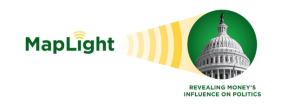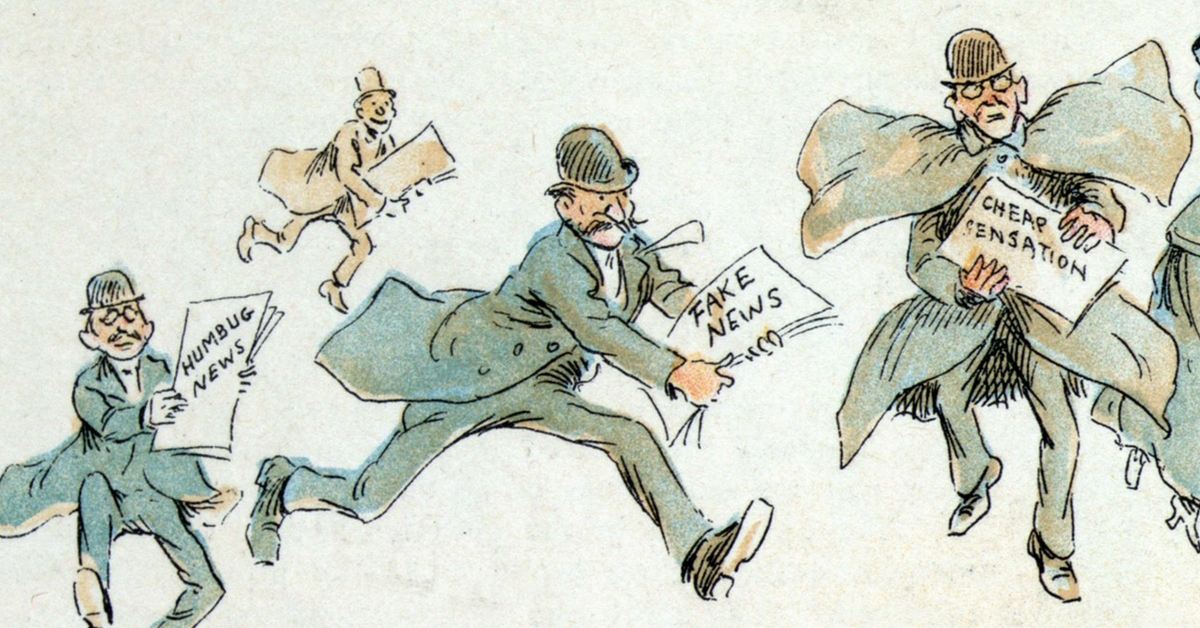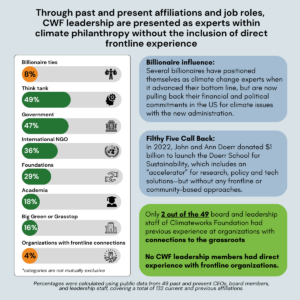
Editor’s note: This post is the first in a series of posts featuring NCRP nonprofit members.
Undisclosed donations. False information. Compromised elections. Corrupted democracy. The rise of online propaganda, political bots and fake news has jeopardized our ability to separate fact from fiction in a public discourse that has grown increasingly antagonistic to the truth.
Irresponsible loopholes in campaign finance regulations have robbed everyday Americans of their right to know who’s bankrolling their candidates’ campaigns and, ultimately, their ability to influence those candidates once they’re in office.
There are organizations that are eager for philanthropic partners bold enough to confront the root causes of these societal perversions and committed enough to make changes at the system level. Philanthropy needs to heed their call.
One particularly enterprising potential partner is MapLight, which combines journalism, data and advocacy to fight back against the hidden forces who seek to disrupt our politics.
Founded 12 years ago to shine a light on money in politics, Berkeley, California-based MapLight has since expanded to add exposing the spread of intentionally misleading information online. MapLight works in three primary ways to illuminate and combat money’s role in politics.
First, they advocate making money in politics a top political issue through a targeted use of contributions data and their own investigations.
Second, they publish specific news stories based on their findings to push the government to act in citizens’ best interests.
Third, the organization compiles Voter’s Edge, an online guide for nonpartisan information on candidates and how they’re funded, made through a joint project with the League of Women’s Voters.
Because of MapLight, communities across the country have made their governments more responsive to them. MapLight partnered with the International Business Times on an investigation in New Mexico that found “hundreds of millions of investment dollars ha[d] been flowing to firms whose executives donated to groups that supported” Gov. Susana Martinez.
Her platform included a commitment to stamp out corruption in her state, so her donors’ disregard for the Securities and Exchange Commission’s (SEC) rules on pay-to-play schemes was particularly egregious.
This investigation led Martinez to request the removal of all elected officials – including herself – from the State Investment Council, federal officials in New Mexico to pressure the SEC to apply pay-to-play laws to political groups and a state legislator to call for an investigation into the results of the report.
In Berkeley, MapLight helped pass a ballot measure for publicly financed elections and partnered with the California Clean Money Campaign to improve transparency in state elections through the California DISCLOSE Act.
MapLight’s work clearly supports a healthy democracy, but it could shine even brighter if more foundations invested in the kind of work they do. The organization currently earns some of its revenue by licensing its proprietary data for media and data companies to use commercially, but philanthropy remains the primary fuel for MapLight’s work.
Dan Newman, MapLight’s co-founder and president, expressed appreciation for the funders he partners with who help his organization develop project ideas and connect MapLight with other groups in their networks.
Newman expressed particular gratitude to the financial supporters who are strategic in their actions and see the needs to address root problems in democracy, including unchecked money in politics.
Unfortunately, these funders are hard to find, according to Newman. MapLight aims to solve systemic problems, yet few donors focus on making fixes at the system level. The vision to address root causes lags behind attempts to address their snowballing consequences.
Local campaigns across the country seek MapLight’s guidance in interpreting electoral finance data and advocating for citizen-funded election legislation. There’s a groundswell of populist disgust for the role special interest plays in our national discourse. Meeting this hunger for information and insight can be challenging. The systems of our democracy are broken, and philanthropy’s poor track record in funding systemic solutions is of great concern.
But challenge yields opportunity.
MapLight continues to expose how deeply money perverts our politics, pairing scrupulous investigative reporting with concrete policy solutions. If they had all of the resources they need, MapLight could reveal the scope of foreign and secret influences in our elections, and do so in alignment with groups who confront root causes and make changes at the system level.
The fervor to rein in an electoral process overrun with dark money presents a rare moment of confluence for the American people to rally around, and then insist upon, the redistribution of power from shadowy special interests to the will of the people. Will philanthropy seize this opportunity to right a fundamental injustice of our time and push dark money into the light? MapLight has already begun to illuminate the way.
Troy Price is NCRP’s membership and fundraising intern. Follow @NCRP on Twitter.
































































































































































































































































































































































































































